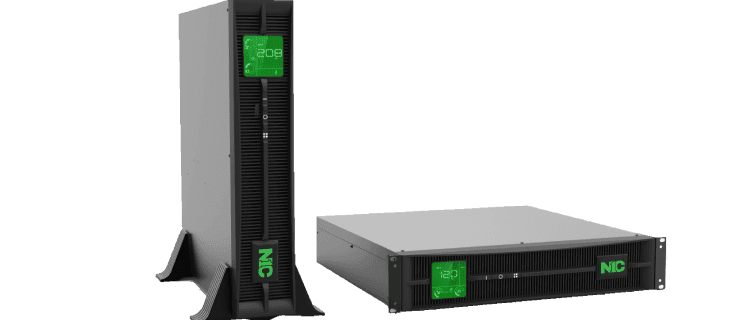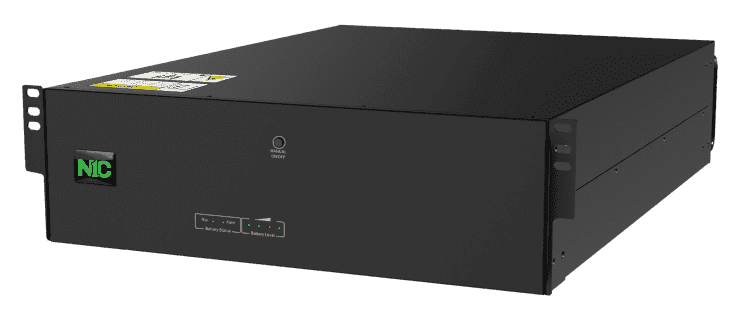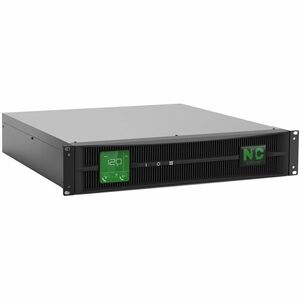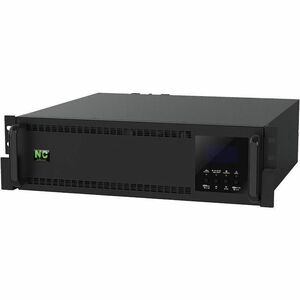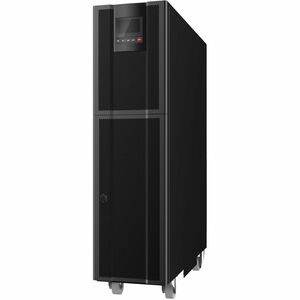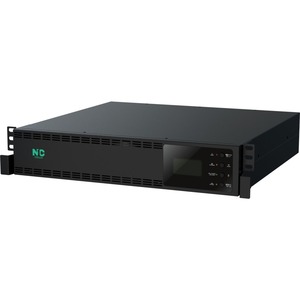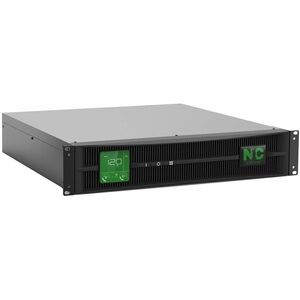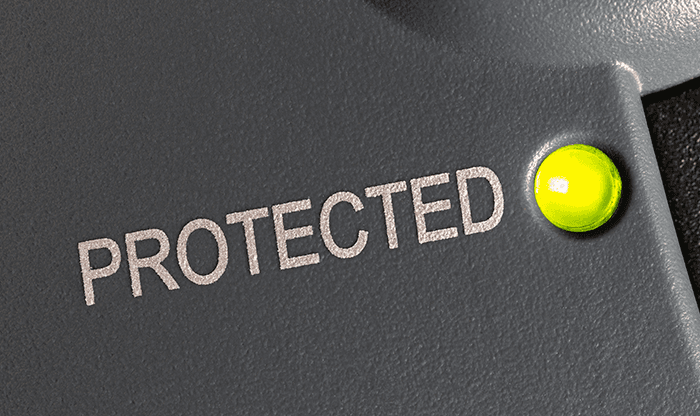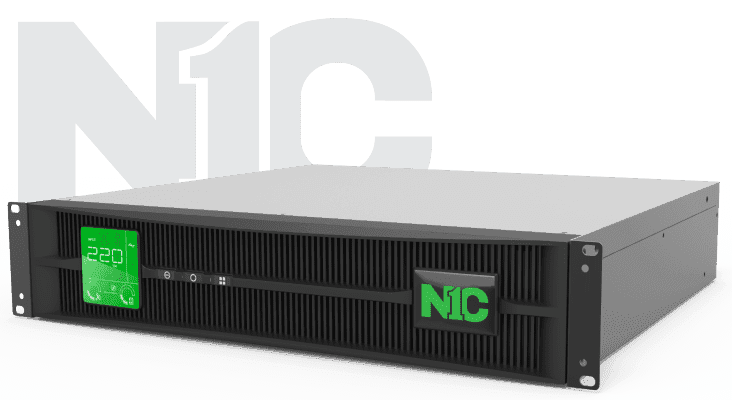Power and Service Without Parallel.
The first to master the use of Lithium-Ion in the UPS space, N1C is here to lead your organization into the future of uninterruptible power. Our systems provide five times the energy than lead-acid in one-third the space. That’s more power where you need it and longer backup times for your critical loads.

